India's steel industry is facing new challenges in maintaining its global competitiveness with the introduction of the German Low-Emission Steel Standard (LESS). This voluntary labeling initiative categorizes steel based on the carbon dioxide emissions generated during production. With global markets increasingly demanding lower carbon products, India's failure to comply with this standard could have a serious negative impact on its exports.
The Indian steel sector faces significant obstacles in reducing its carbon footprint as it is heavily dependent on blast furnace (BF) and Basic Oxygen Furnace Steelmaking (BOF) methods. This makes India even more challenging compared to regions where electric arc furnaces (EAF) are more widely used. Germany's push for widespread adoption of LESS, along with countries in Europe, Asia, and North America, potentially sets a new global benchmark.
India's steel exports have recently suffered a sharp decline, with exports falling by 31.2% from USD 31.7 billion in FY2022 to USD 21.8 billion in FY2024, while imports increased by 37%, making India a net importer. This decline, along with new regulations such as the European Union's Carbon Border Adjustment Mechanism (CBAM), is increasing pressure on Indian manufacturers to reduce their carbon emissions.
To remain competitive, Indian steelmakers need to invest in low-carbon technologies such as electric arc furnaces, hydrogen-based steelmaking, and carbon capture and storage. It is also crucial to collaborate with suppliers and stakeholders to minimize emissions throughout the supply chain. The Indian government will play a vital role in accelerating the transition to sustainable steel production through supportive policies such as tax incentives, production-linked incentives, and research funding.
As demand for sustainable products grows, the proliferation of standards such as LESS, encouraging more countries to adopt similar frameworks, could potentially reshape the global steel industry and make a significant contribution to reducing carbon emissions worldwide.
In line with these regulations, market experts argue that India needs to take swift steps to ensure that it remains relevant in the global market.


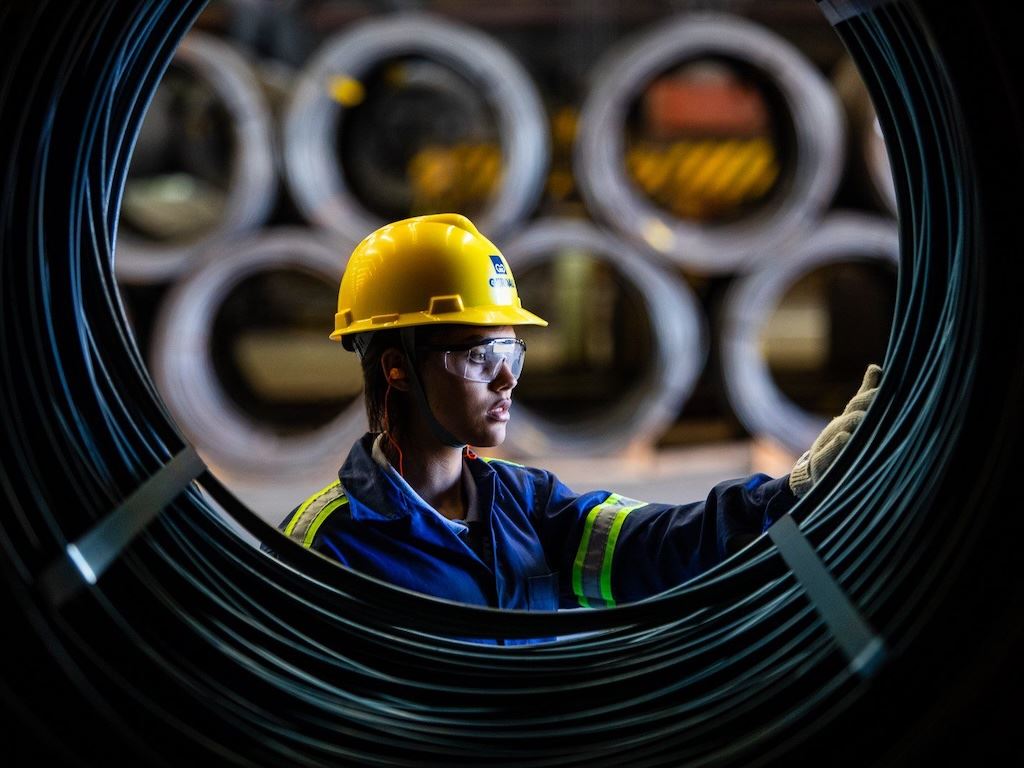
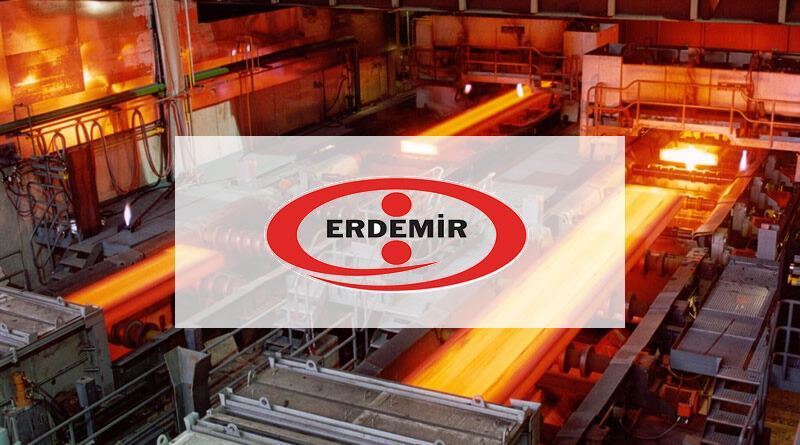
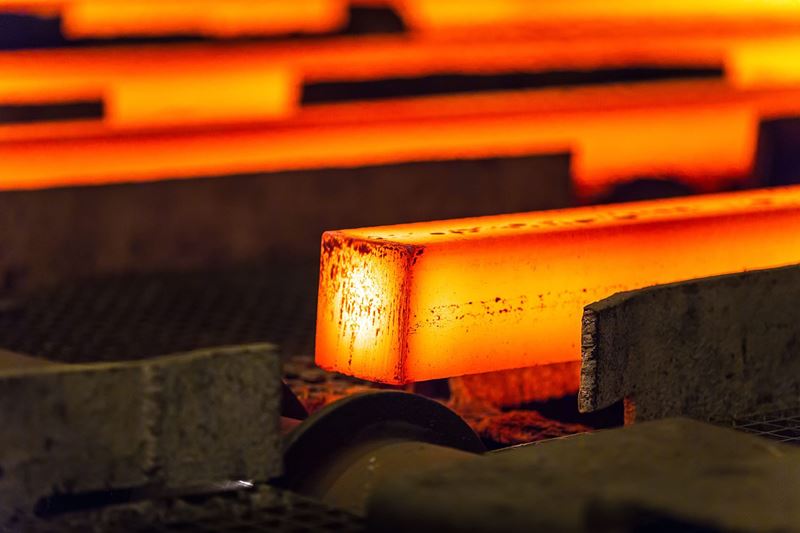
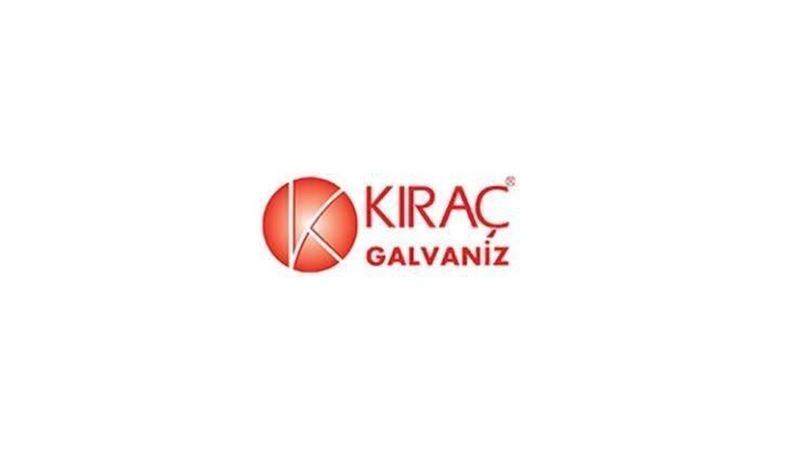
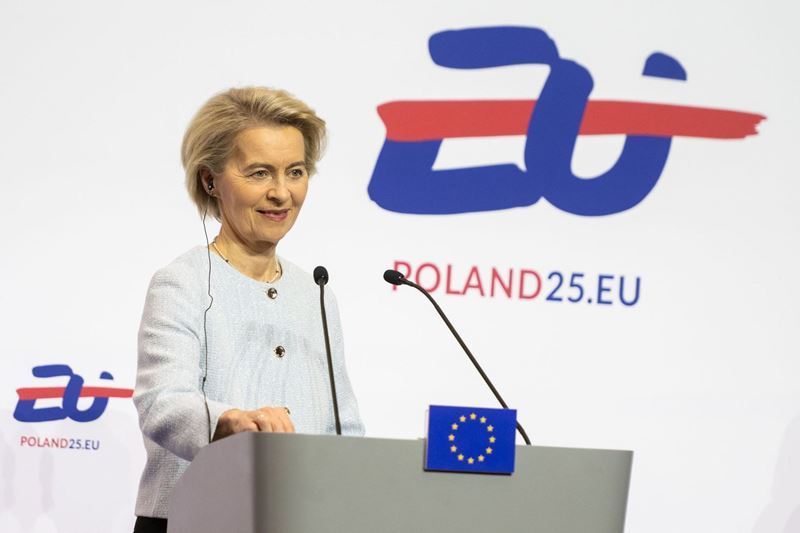
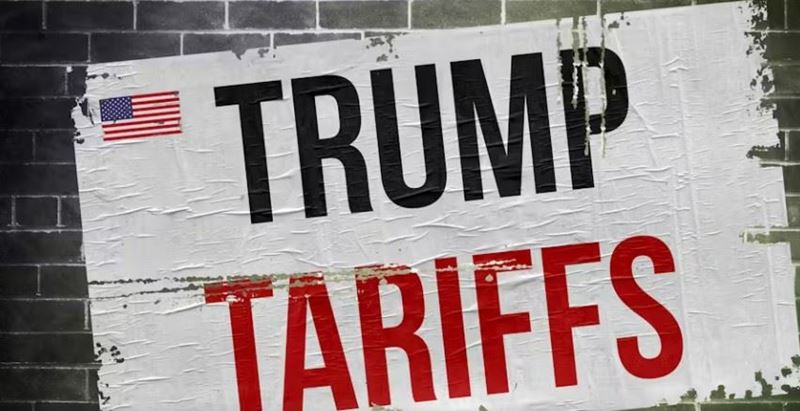

Comments
No comment yet.